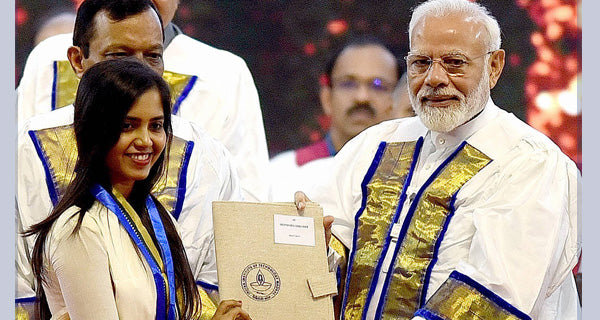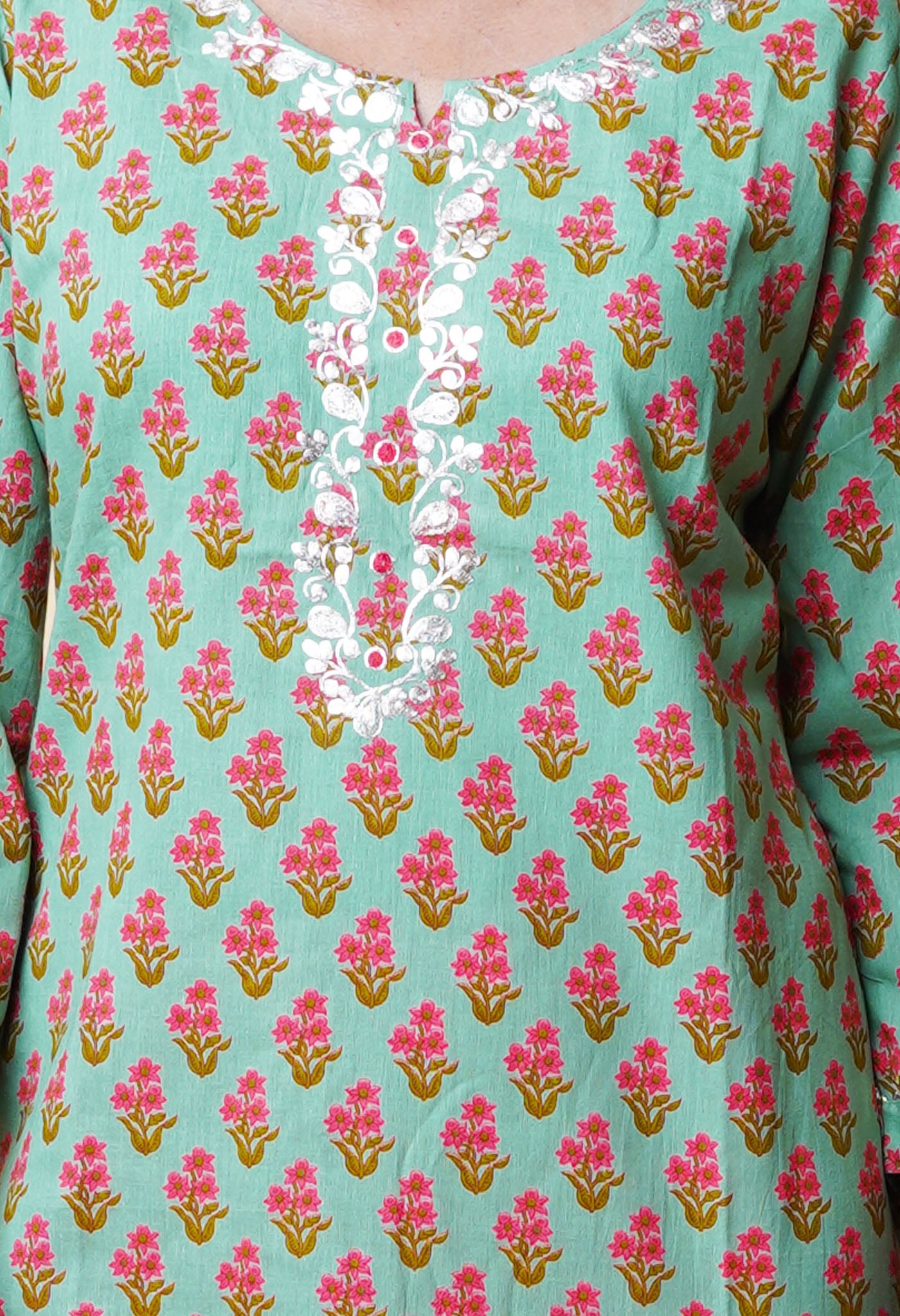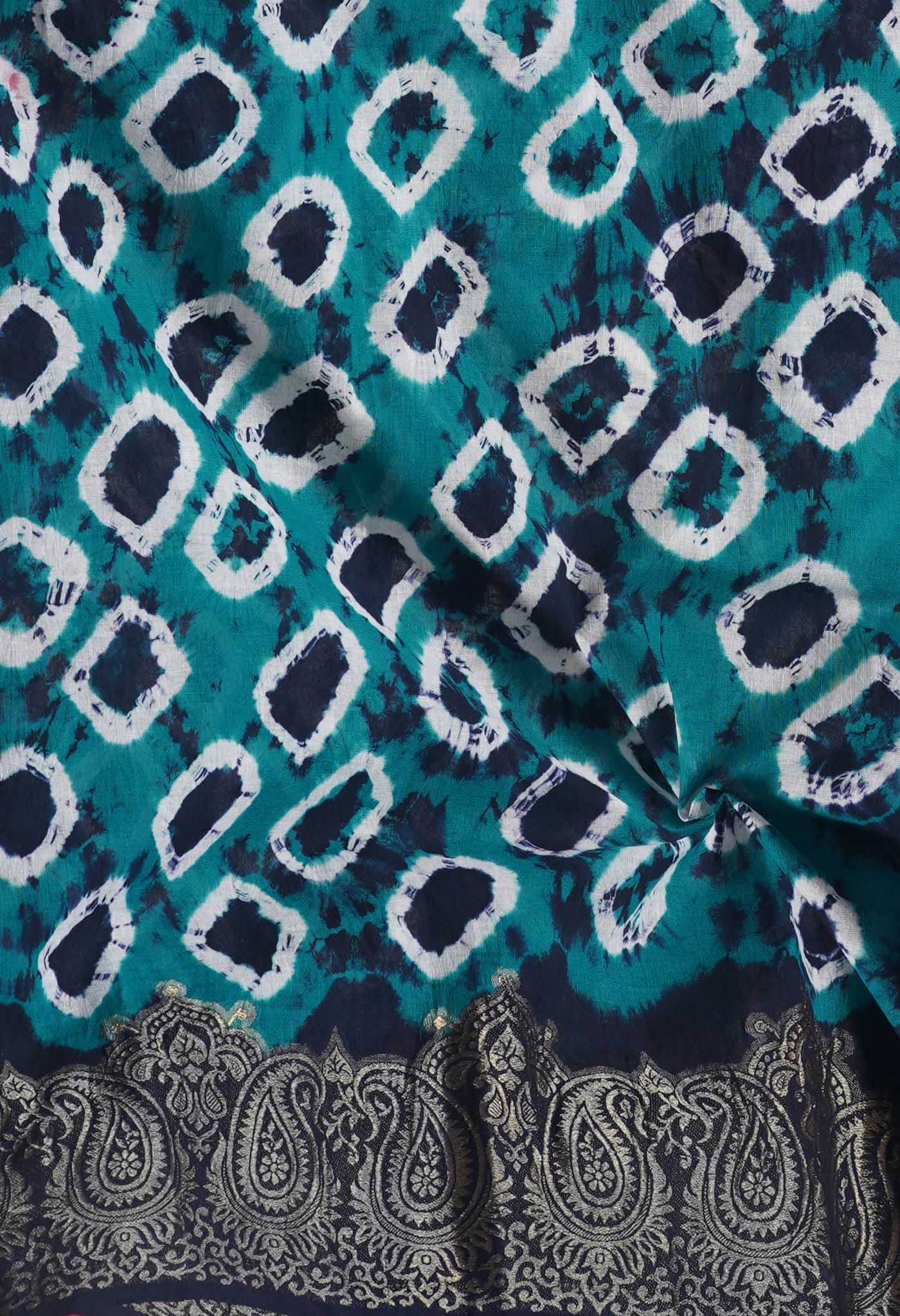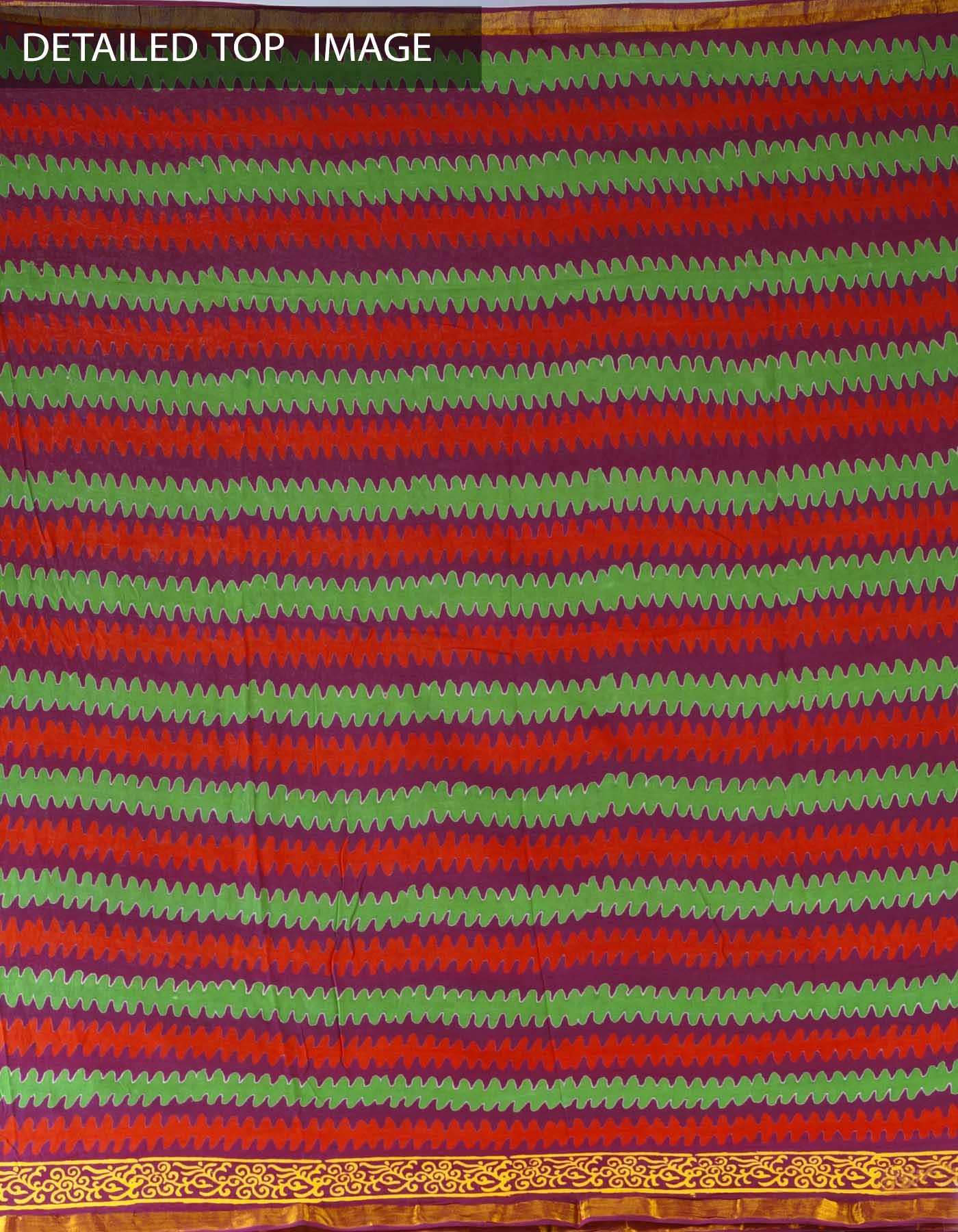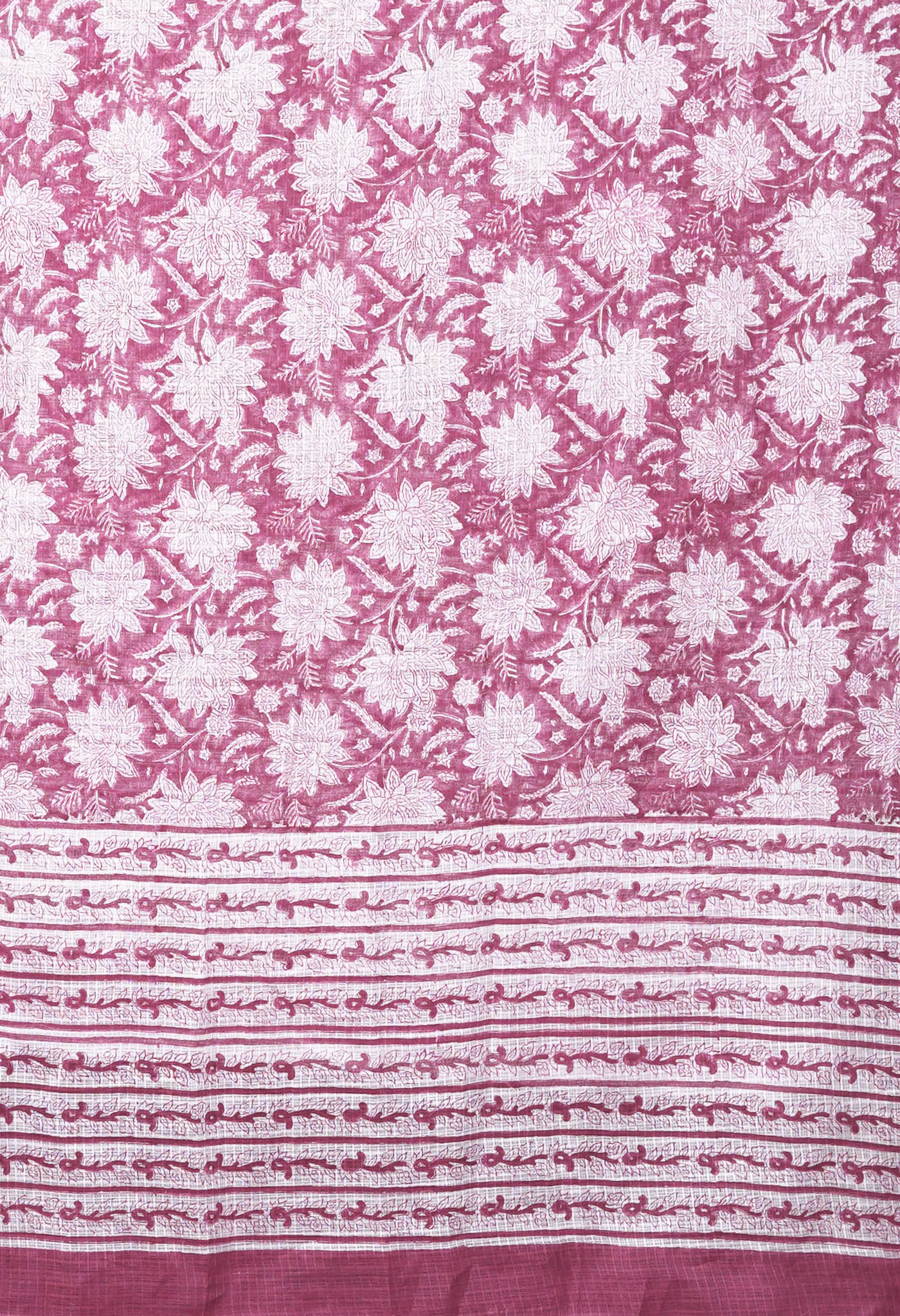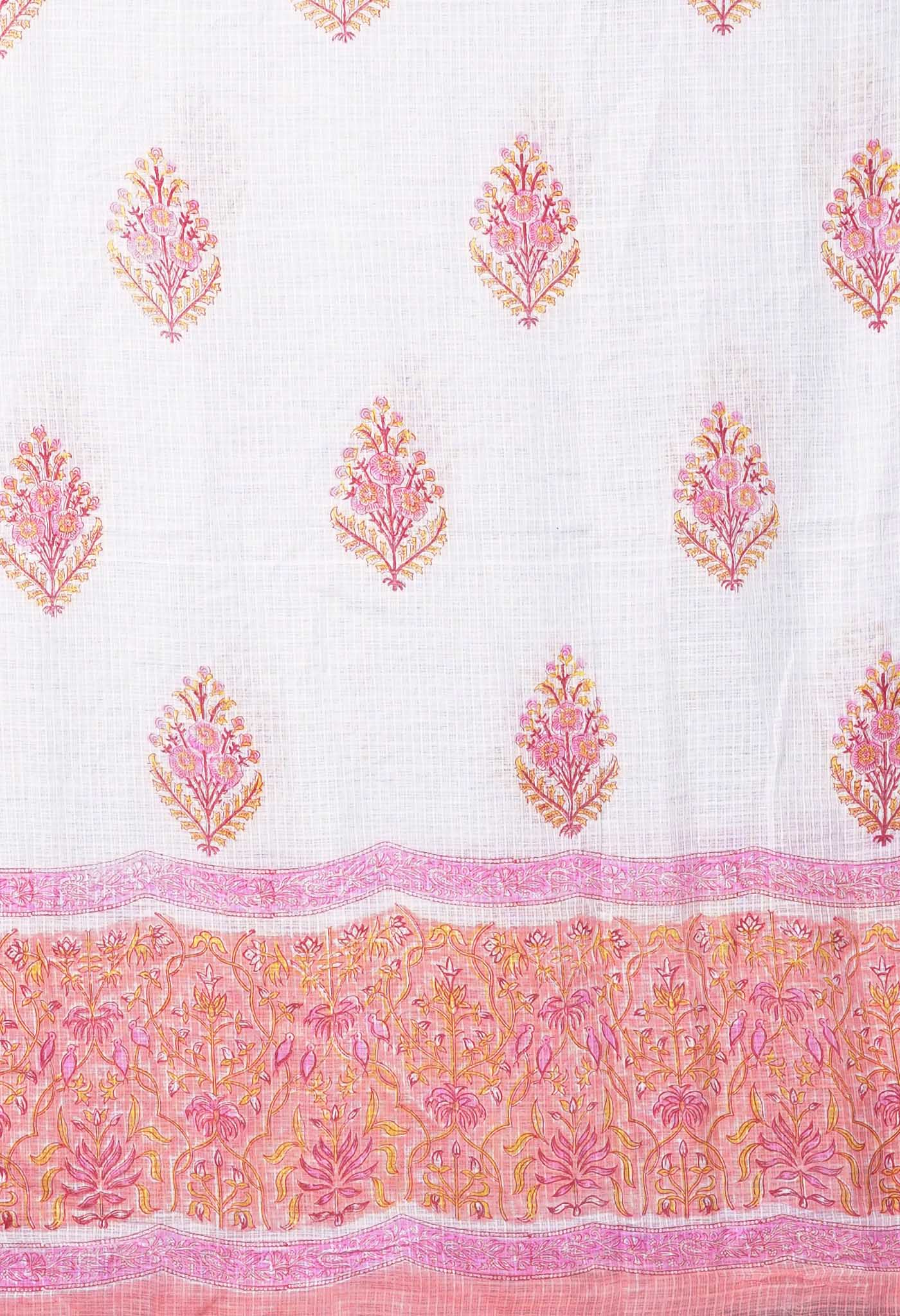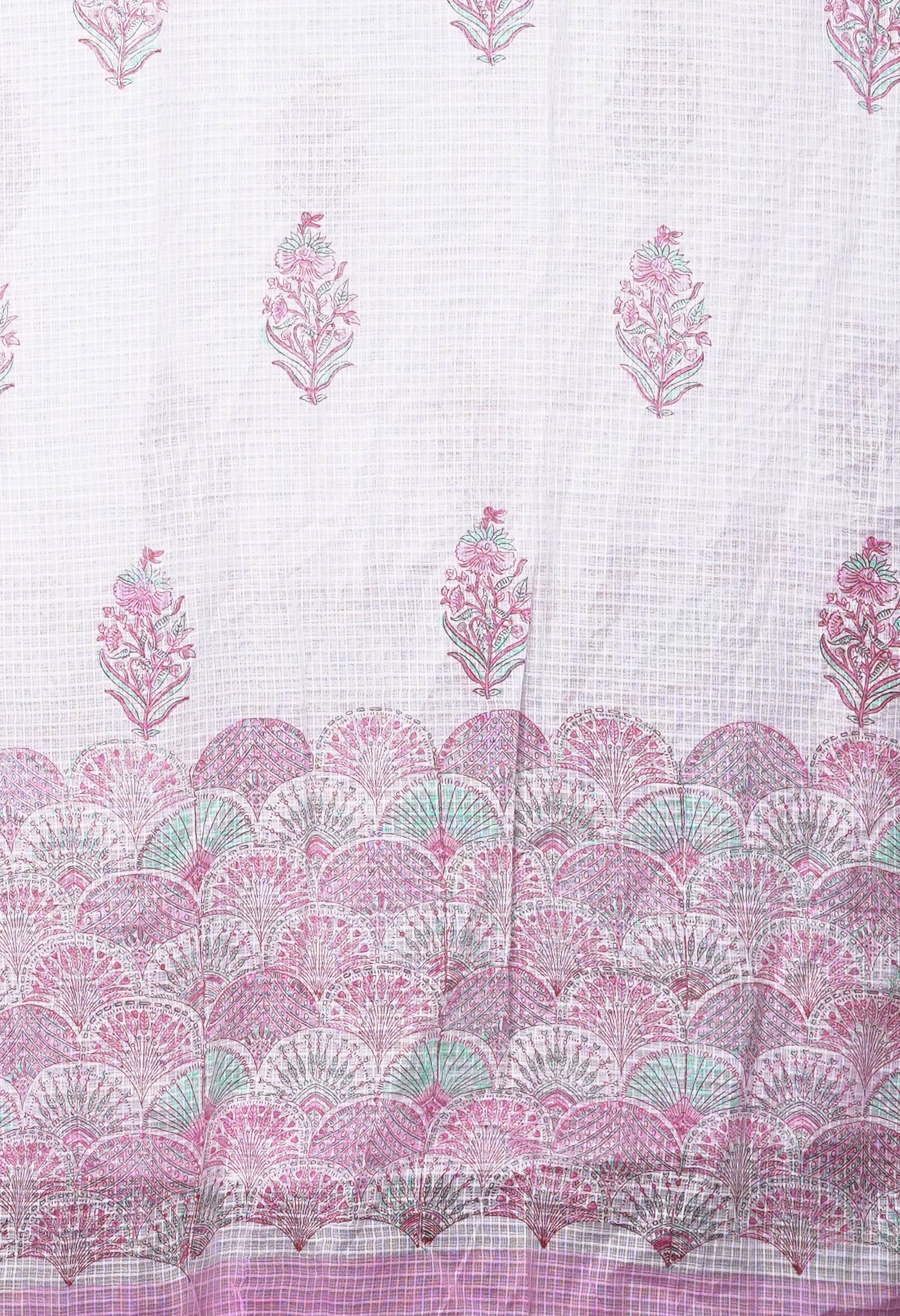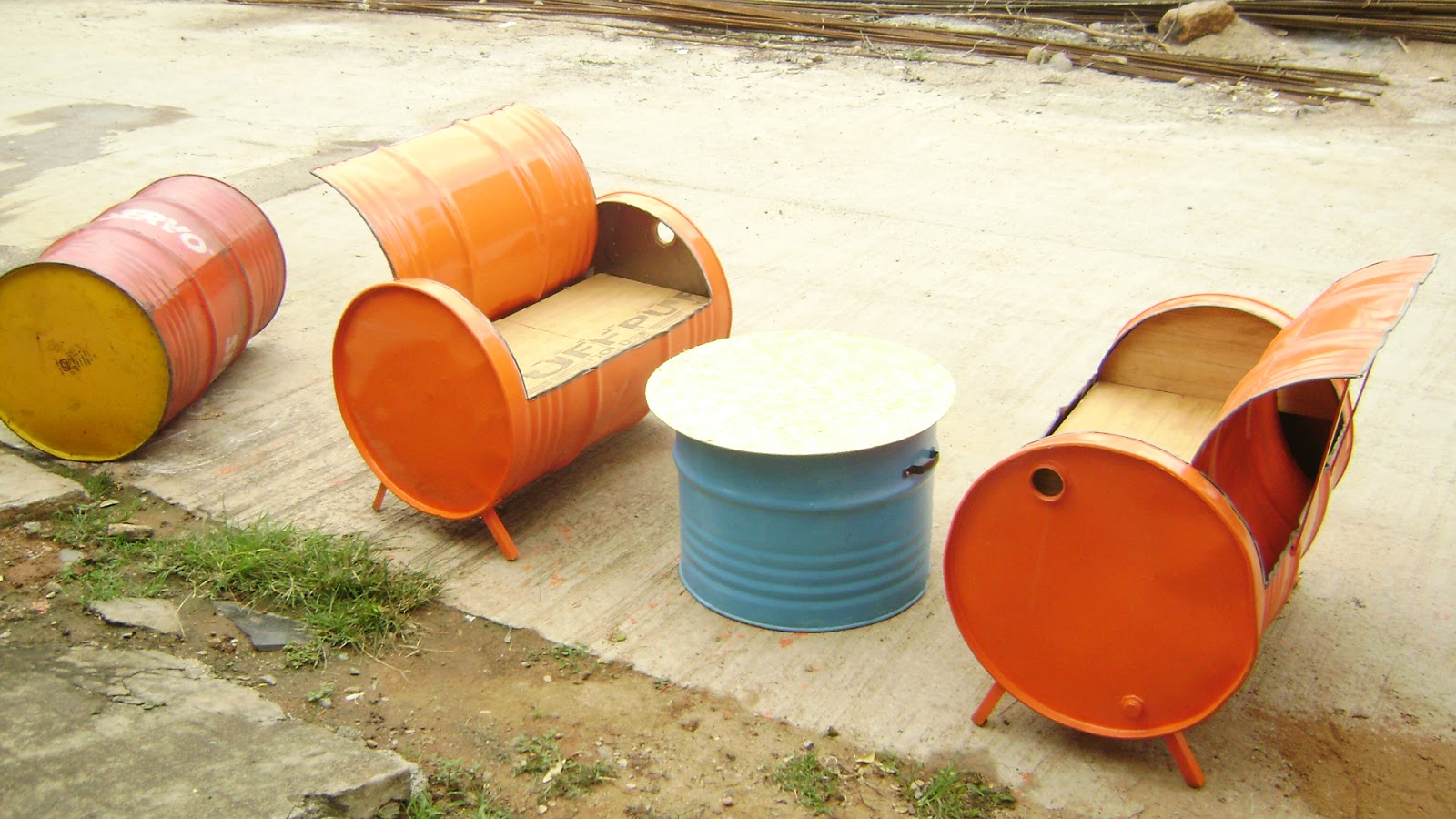
Chandana Dasari – A boon to Hyderabad for her Environment Initiatives
While most public servants see fit to work within the spheres of what they have been assigned with, there are the souls who think differently and wish to make a difference in people’s lives during their official tenure.
One such of the latter type is Hari Chandana Dasari, Zonal & Addn. Commissioner of the Greater Hyderabad Municipal Corporation (GHMC) Central Zone. Passionate about the environment and having been involved in issues concerning it, she has already been spearheading plastic recycling initiatives that augur well for the city’s ‘green moves’, since the last two years.

What led her to this?
For one who’d studied in the London School of Economics, worked with high-paying global entities like World Bank and BP Shell, the return to India for a very different cup of tea like the Indian Administrative Service, less-paying, more responsibility-laden and definitely challenging in many ways comparatively, is something very unusual.
And what was her reason for doing so? “Once when I came back home on a vacation, I happened to interact with an old man who came to meet my father, a former IAS officer. While offering him water, I asked him the purpose of his visit. The old farmer was one of the beneficiaries of the land distribution that my father took up when he was the joint collector in Medak district (United Andhra Pradesh). Even after 20 years, he still remembered my father and came to convey his regards. The land parcel they received brought them good fortunes as the land price went up. His family and children are still surviving on that.
This chance meeting triggered me to choose IAS as a profession, which has much wider public reach than any other work profiles. In private sector, I would develop specialization but the impact and public reach is limited. In World Bank again I was working with IAS officers. Bureaucracy and politics are the only two professions through which a larger impact can be brought for betterment of people. While the latter was not my cup of tea, I chose to take up IAS.”
She has not regretted that decision since.
Influences in her Life
Her father was a former IAS officer in the united Andhra Pradesh government. Watching him function as a bureaucrat was a lesson - one that showed the time constraints, a stressful life and often neglect of the family. Her initial reaction was not to opt for a career that robbed quality time meant for the family. But her mother’s influence on her and her brother in the times that her father was absent also was made of sterner stuff. It was during her training in one of the tribal areas that she realized what an impact her father had created on people’s lives. People were filled with gratitude for the steps that he had taken to see that they benefited from the schemes of the govt. being implemented. The realization dawned on her, how power vested in one, if used properly, could actually make a positive difference to others and how her father had been doing exactly that, at a small cost of not being able to pay much attention to his own family.
“Even the small decisions that my father took in his tenure as a bureaucrat, have had a great impact on people’s lives. Even after decades, people still remember him and hold him in high regard. Incidentally, when I visited Adilabad to meet tribal communities during my training period, people would remember my father and his work.”
The degradation of the environment
In the course of her work she happened to come across a study that extrapolated data about plastics from about 60 major cities across the country, and in yet another study it showcased that almost 90 per cent of this generated plastic invariably ends up in landfills or water bodies instead of recycling, with about half falling under the single-use category.
She was also aware that many individuals and non-profit organizations in India have been vehemently championing the cause of recycling and up cycling plastic for several years now. But the deeper sense that prevailed was, that for these practices to be conceived and implemented at the administrative level is something that is slowly catching up and would prove more effective since it would have the implementing will through an order.
A passion for a cleaner environment
Passionate about the environment, she had always been doing something or the other to keep the surroundings clean. Now that she was in a seat of power it became all the more imperative that she use her good offices to get things moving in areas that she felt needed attention. “The idea first occurred to me about two years ago. We had a lot of old tires lying strewn across our municipal premises and upon noticing, I was keen upon putting them to some use. These tyres were re-purposed as up cycled furniture that was originally used in our offices. Then, I wondered, why not scale up the initiative and take it to public spaces.” Immediately the thought of loose plastic spread across the city and the harm it was creating that was getting alarming, flashed.
“Compared to regular structures, the cost of recycled plastic construction materials might prove to be little higher, but we believe that this will be an offset to the cost that our environment is paying while answering to all our needs and requirements,” states Dasari.
This extended to other areas as well where she felt waste materials could be put to not only clean up the city but serve in an aesthetic manner as well in the beautification exercise.
Adorable Initiatives Implemented

Currently the Zonal Commissioner (West Zone) of the Greater Hyderabad Municipal Corporation (GHMC), Dasari has been dedicatedly investing her time in numerous recycling initiatives under her jurisdiction for over two years now.

Right from installing up cycled furniture made from unused tires and old oil drums at over 120 parks in the city to the conception of housing and sanitation projects where paver tiles and roofing sheets are made of recycled plastic, Hyderabad is witnessing a remarkable change, thanks to Ms. Dasari’s extra interest in the initiative.

One such initiative led by Chandana Dasari is the ‘Give and Share’ centre, where numerous kiosks across Hyderabad have erected small 3-walled structures, where people can donate anything and everything for underprivileged people to pick up.

“All of these structures are constructed using up cycled plastic bottles. While the initiative allows people to showcase their compassionate side, it also draws their attention towards up cycling and the greater message of environment conservation. With that we can hope that more people can forward and take up recycling as a way of life,” she adds.

Her idea of leaving plush jobs as with the World Bank and BP Shell becomes clear. It is because she wanted to implement solutions, rather than just handing them out to others. She says that the ability to take initiative and drive changes is what sets the civil services apart from every other job. “Our planet is in a crisis. Global warming is real and urgent. People don’t react unless faced by a crisis, but as policymakers, we can pre-plan and take decisions that can avert dire situations,” she states in a message to aspiring IAS officers.
Career graph and education
- In Environmental Services she is specialized in a gamut of areas - Environmental Audit, Environmental Research, Global Environmental Governance, Public-Private Partnerships, Governance, Policy, Team Leadership. Her Experience as Asst. Commissioner, Hyderabad is since December 2009.
- She was a Probationer from May 2009 – January 2010 for 9 months – training as an Administrator.
- As an associate researcher she was doing independent research from Apr.2006 to March 2007. Her theme - Environmental and Socio-Economic impact – An assessment study of Bio-diversity loss
- November 2005 to March 2006 saw her as a Research Asst. in the employers’ forum for disability in UK. Here the nature of her job was gathering primary and secondary data, generating reports on the status of disabled employees in different countries and within companies in UK.
- She has done M.Sc. in Governance and Economics in 2005-2006 from the London School of Economics and Political Science (LSE). During such time her Activities and Societies were: Greenpeace, towards sustainable development, UNICEF, book reading club, mock UN team
- She completed her Master of Arts from the University of Hyderabad in 2005.
Practice what you Preach
Dasari also practises what she preaches and shares that her household has not contributed any form of wet waste to the garbage dumps in last three years, as 100 per cent of it is routed for composting—she has installed compact biogas unit at her place. She also has a knack for crafting and uses paper and plastic to prepare items, thus further reducing her part in adding on to the waste. Setting a remarkable example at a personal, professional and public level, GHMC Commissioner Hari Chandana Dasari is showing the right way for the rest of us through her recycling crusades in the city, and we hope, many more such creative initiatives will come along the way.
What she feels proud about (including waging a war against plastics)
In her own words:
“I would say there were several works performed by me which gave me immense satisfaction. As the sub collector of Vijayawada, we took up the first ever Land-Pooling Scheme of India which happened to be a big success. It was a satisfying experience as it gave decent housing to the poor and development rights to the land owners who contributed in the pooling.
Another initiative that gave satisfaction was implementing tax on sand mining which curtailed illegal mining to a large extent. Further, my first project in GHMC, which was building the IDH Colony in Secunderabad, was the first such project (double bed-room housing for the poor) in the state of Telangana. It was another immensely satisfying job I did.
In the corporation, I took up several recycling initiatives as I was concerned about the sustainability of the city. Most of the works we do now involves recycling aspects in it. Now, Hyderabad is the leader in recycling. We use recycled plastics in laying roads and prepare tiles and use them for laying footpaths. Dustbins are being made out of recycled plastics. Now, we are promoting recycled housing and also put recycled toilets. With this we have used over 15,000 kg of waste which was supposed go to the landfill.

Coming to bigger project, given my job profile, we have created around five wonderful and innovative parks that are proving to be good community centres for the citizens. One of them is the first ever dog park in India. Others include Durgam Cheruvu Park (The Secret Lake Park) and Play Park in Kukatpally. We also created Panchatantra Park based on the themes of Panchatantra stories, which is exclusively for children, and Mir Alam Lake Park developed on Nizami or Dakhini theme. We are also coming up with another park for senior citizens.”
More of the good work , More green spaces
One of Chandana Dasari ’s flagship projects is the construction of urban parks in Hyderabad, which now boasts of India’s first ever dog park. Dasari strongly believes that being exposed to nature makes one conscious towards preserving it.
Among the new parks that have sprung up around the city, some of the popular ones include the Secret Lake park at Durgam Cheruvu and the Panchatantra Park themed around the book of tales for children. “If you spend 30 minutes with nature, your stress levels come down by 40%. We want more families to come together and interact with each other and with nature instead of going to say, a mall, to relax,” says the IAS officer from the batch of 2010, adding that although there are people who still damage such public property, giving the public these resources will eventually help build collective sensitivity towards protecting them.
An environmentalist at heart, Dasari has worked towards setting up biomethanation plants in the city to utilise wet waste from commercial establishments like hotels to produce CNG and LPG gases. The first of such plants is set to open shortly in Deepthisri Nagar.
Apart from these projects, Dasari, who grew up around the green forests of Adilabad, is working towards reaching out to the people right from school children to IT companies, senior citizens and gym owners to do their own bit in order to live sustainably. “I don’t use plastic. I compost intensively at home. No wet waste goes out from my house,” she says and urges people to take steps on their own. “Hyderabad fares better than most other cities in terms of a healthy environment because of early planning -- the city is one of the firsts in India to have a waste-to-energy plant and people here embrace these initiatives more actively. The city is unlikely to have a major water crisis in the next 40 years.”
An undying Passion for what you love doing
Someone from the media asked her once about what keeps her driving on. “It’s mainly the self satisfaction of creating an impact and bringing the change that keeps me driving to do better. I am passionate about sustainable and clean planet initiatives which I personally believe in. As for Hyderabad, I am born and brought up in this city and I have a desire to do something for the city. Fortunately, I got the opportunity to work in this post and I am doing my best.”
Innovation, for her, is the change for better. Sometimes it’s a small change and sometimes it could be a big transformation. For instance, in GHMC there had never been a thought of recycling products. Once she introduced it everybody got on to it. Recycling is not a new concept but it can be an innovation in the city. As one goes ahead with it, new things emerge. Earlier in GHMC, recycled material was used only for foot path tiles and laying roads. Now, it has been taken it up in boards and cardboards that are used in building houses.
There have been tough times for her in her life
It has not always been a smooth ride for Chandana Dasari. There have been scary law and order situations when in the initial days of her career she had to counter the mining mafia and she had to conduct night raids and seize the heavy vehicles used for mining in the Vijayawada division. Initially she thought about it as if it was a bad dream that would pass soon.
But as soon as she realized that the mining was damaging the eco-system of the river she took it even more seriously. That is when she started fixing the sealing and brought in the concept of tax payment for mining over and above the basic minimum quantity. That was how she could bring down the illegal sand mining significantly. Though she always had a police force with her as there were always dangerous elements, some officers did lose their lives while dealing with the illegal sand mining mafias.
In Paderu village in Vishakapatnam, as an Asst. Collector she almost got kidnapped by the Naxals, but escaped due to the timely action of the local SP.
Balancing Life

Hubby also a bureaucrat in the Central Tax Dept., a marriage arranged between known families, life for the couple is definitely a little strenuous. “It is very tough. Sometimes I get very busy and my day starts at 6 am. When its election period, I end up working till 12 am or post midnight mostly. The family needs to understand the nature of our job and adjust accordingly. Since my husband is also in service, he understands how demanding the job can be. It works in a balance system, where we both adjust accordingly and give time to our child. It is really tough.”
But like she says also, the character of service has changed now. Even the public’s demand on time has come down. This change can also be credited to the competency of private sector and technology which has eased the load on bureaucrats, which is good. Presently it’s not that stressful.
Lastly as citizens what can we do to help her effort?
The three things citizens can do, according to Dasari, that can help her do her job better:
- Stop buying single-use plastic items such as plastic cutlery. Start adopting sustainable alternatives at home.
- Be conscious of the cost the environment has to bear in the production of some of the products you use like soaps and cosmetics. Purchase organic, environmental-friendly products.
- Carry a cloth bag whenever you go out. Don’t take plastic bags from shops and stores.
Relevant Images
Hari Chandana Dasari, Zonal Commissioner (West Zone), GHMC.
Park seats made out of up cycled tyres. Courtesy: Bamboo House India. Seats made out of old oil drums. Courtesy: Bamboo House India. Colorful paver tiles made out of recycled plastic. Paver tiles made of plastic were deployed on around 4,000 square feet of pavements in the city Courtesy: Bamboo House India.

An office made of part bamboo fixtures and part recycled plastic in a public park near the KPHB colony in Kukatpally. GHMC office in KBPH Colony, Kukatpally is made out of bamboo and recycled plastic. As much as 800 kilos of plastic waste, including 4.5 lakh polythene bags, was used to make it Courtesy: Bamboo House India.
One of Hyderabad’s ‘Give and Share’ kiosk. Courtesy: Bamboo House India. Structures made of used plastic bottles. Seats made using scraps. Dasari putting her household waste for better purpose.
[/vc_column_text][/vc_column][/vc_row][vc_row][vc_column][vc_btn title="Shop Online Authentic Indian Handloom Sareeston" color="warning" align="center" link="url:https%3A%2F%2Fwww.unnatisilks.com%2Fsarees-online.html||"][/vc_column][/vc_row]


